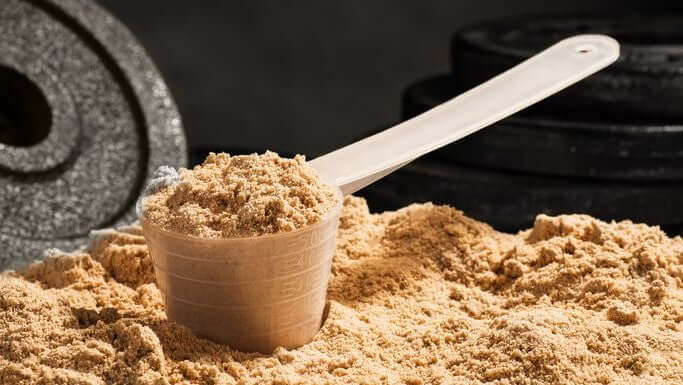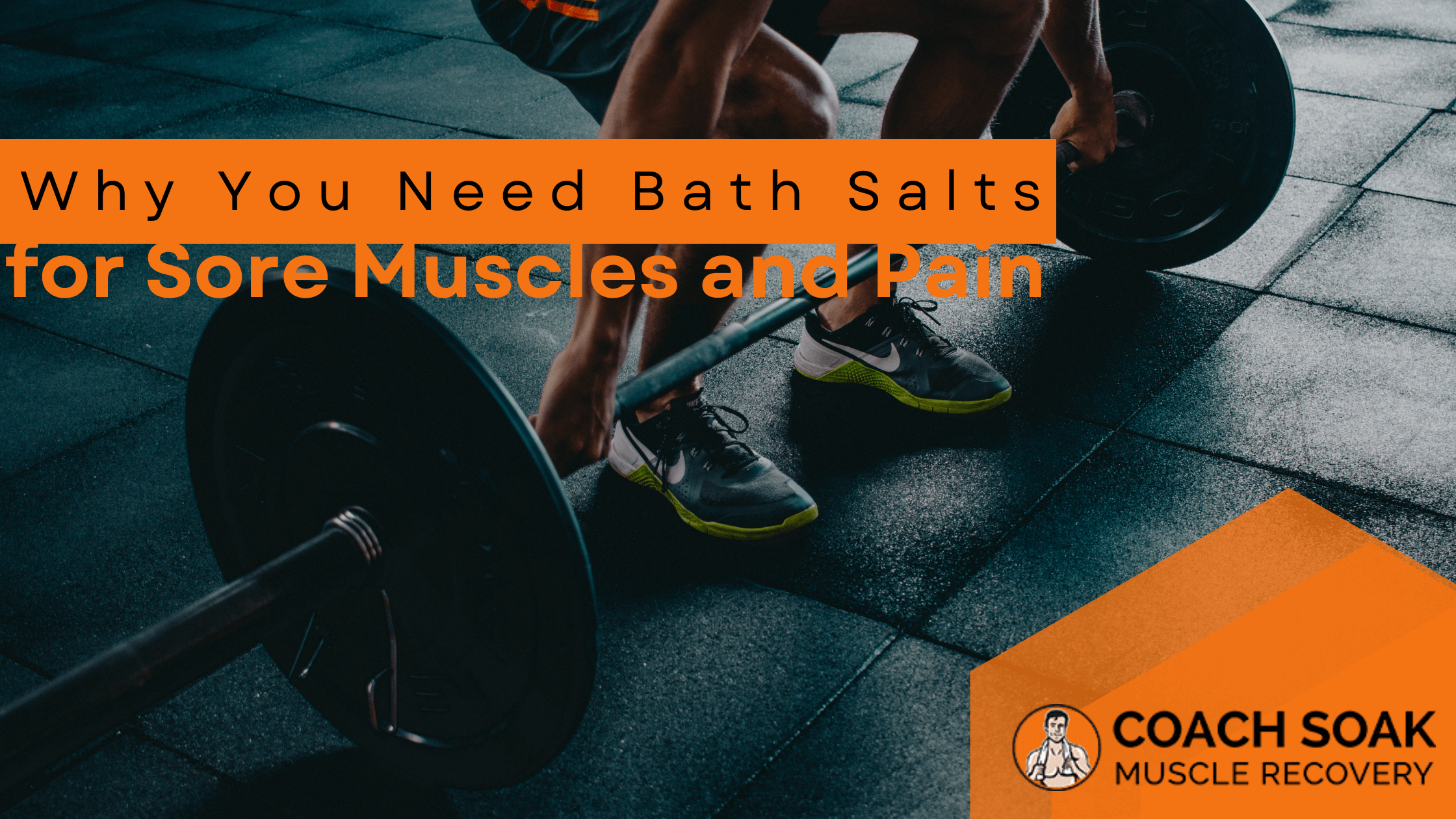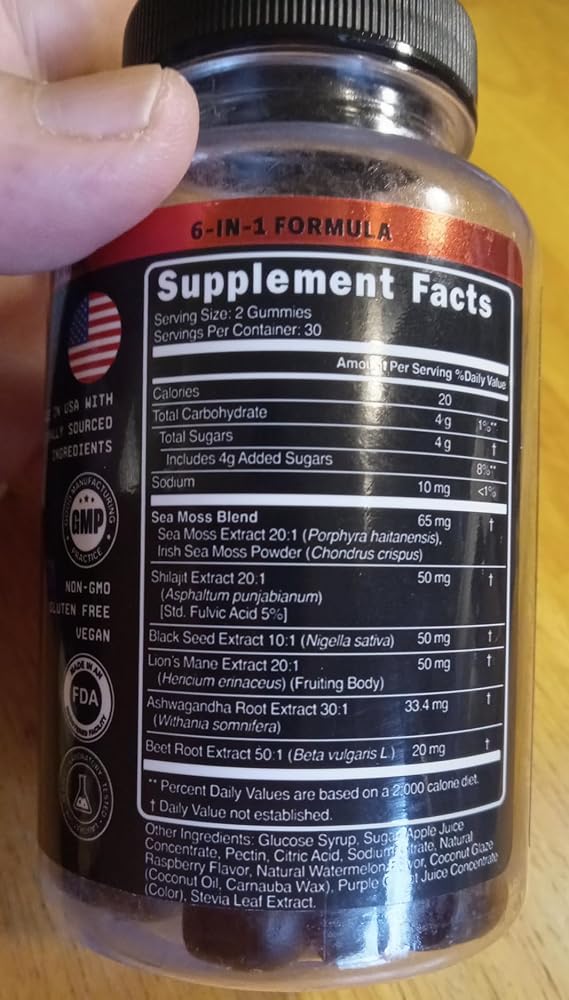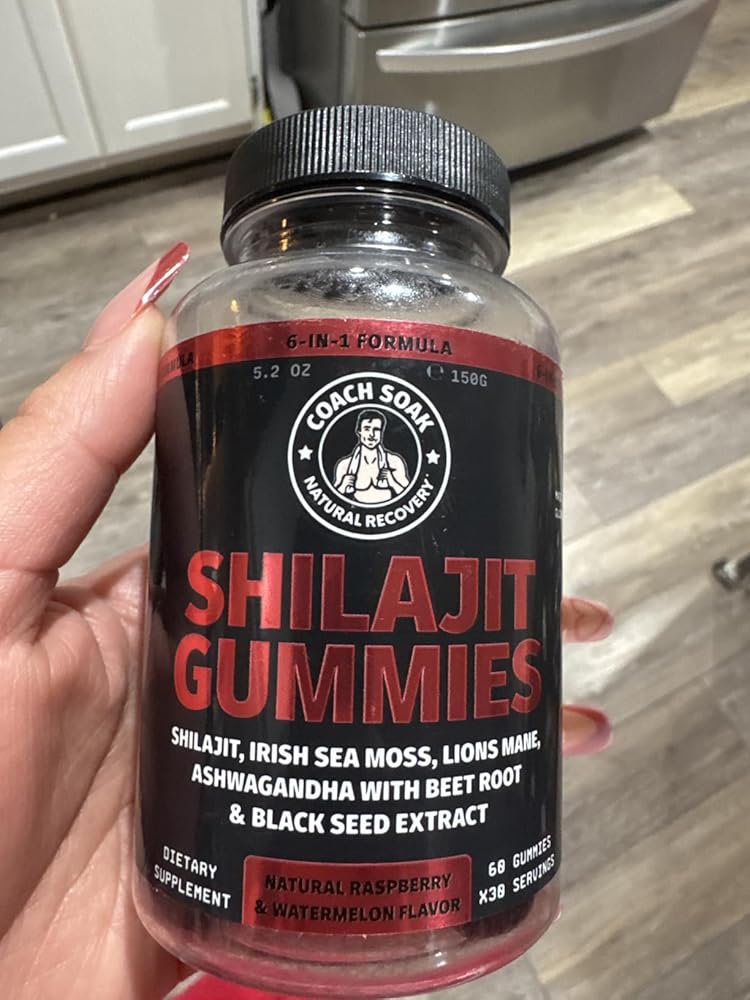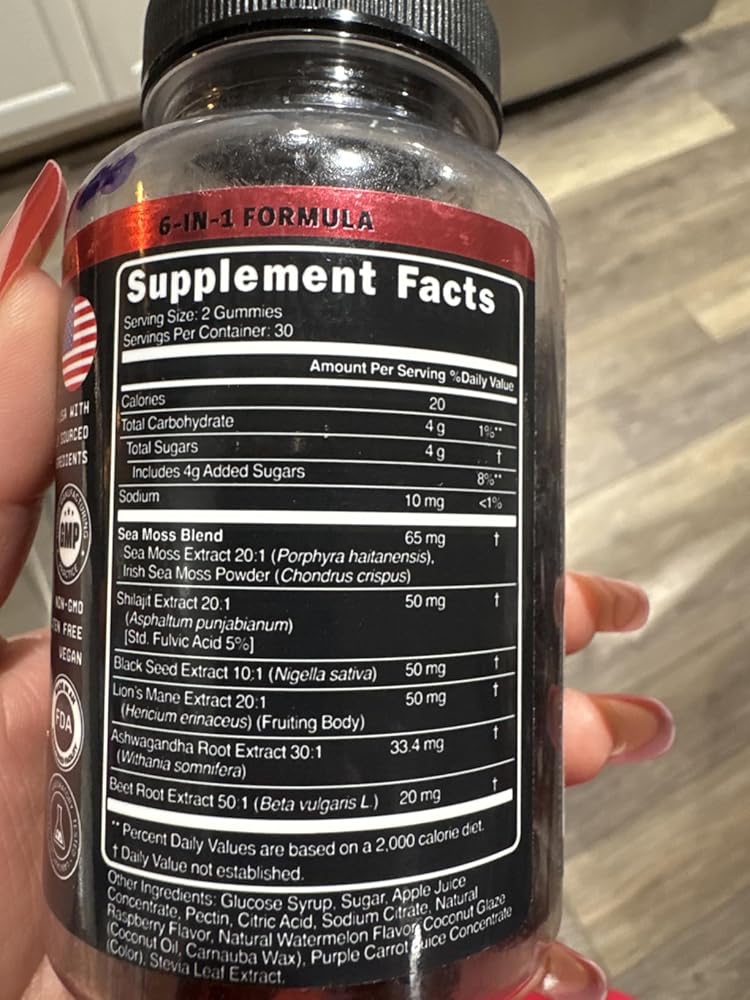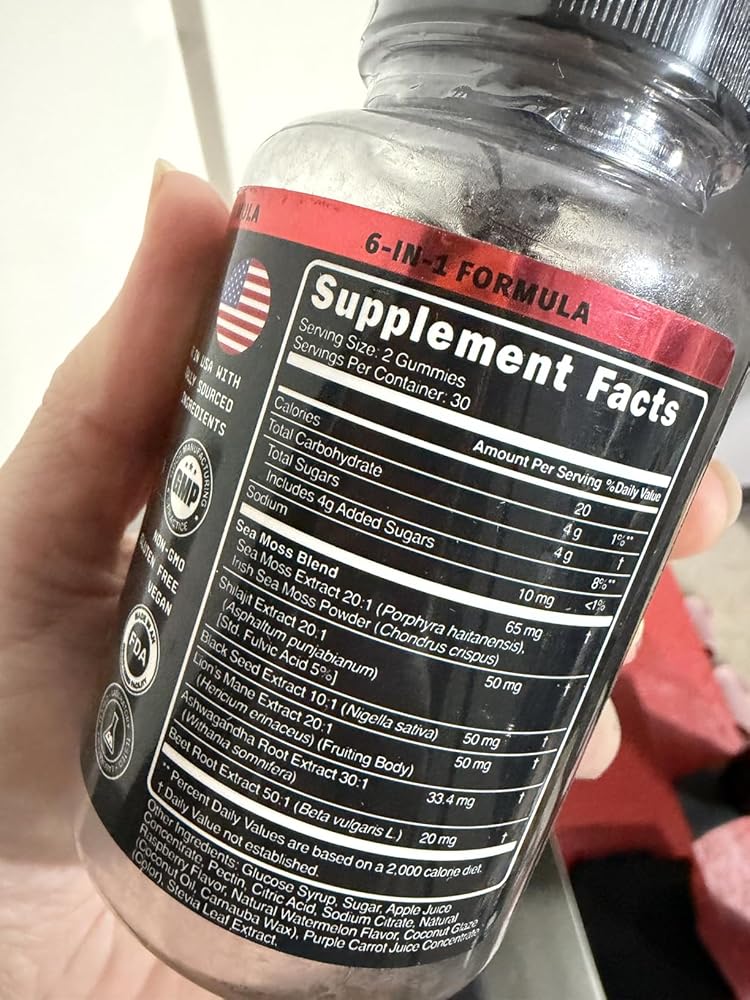There are plenty of mixed opinions and myths in the world of nutrition:
“Are carb and fats healthy or harmful?"
“Do eggs lead to heart disease?”
“Should we avoid meat for optimal health?”
And plenty more where those come from. But, except for a small – and quite vocal – niche of people, we mostly agree on one thing:
Protein is incredibly important for us.
To that end, we’ve put together this short post, explaining what protein is and why getting enough of it is vital.
What is Protein?
Proteins are organic molecules made of the building blocks of life – amino acids. Once we consume a food that contains protein, the body breaks it down and absorbs the amino acids into the bloodstream, where they contribute to the plasma amino acid pool.
Amino acids themselves come in three categories:
- Essential – the nine amino acids which the body cannot produce itself, so we need to get them through food.
- Conditionally-essential – the four amino acids which we can typically produce, but may not be able to under certain circumstances.
- Nonessential – the six amino acids which the body produces on its own, and we don’t necessarily need to get them through food.
Here is a fun little fact for you:
A complete protein is one that contains all nine essential amino acids in adequate amounts. An excellent example of such is egg protein.
Why Do We Need Protein So Much?
As we mentioned in the previous point, protein contributes to the plasma pool of amino acids. This pool serves as a storage of protein and circulates the body, lending building blocks where needed.
With each meal or snack that contains protein, we contribute to this pool of amino acids and help keep it large enough.
Now, here is the interesting part:
Protein lends a helping hand in almost every process within the body. For example, protein is vital for the production of hormones, enzymes, neurotransmitters, and antibodies. Protein is also critical for the disposal of worn-out cells and their replacement with new and vital ones. On top of that, specific proteins transport various substances throughout the body.
Most notably, however, protein is vital for growth, development, and recovery.
The bottom line is, if we don’t consume enough protein, the body can’t function properly, our health takes a hit, and we are unable to recover well between workouts. What’s more, protein is vital for muscle repair and growth, so without adequate supply, we can’t develop properly, and our gym efforts are mostly wasted.
How Much Protein Should We Consume?
The recommendations here are quite mixed, and you’ve probably come across numerous recommendations, ranging from as little as 0.4 grams to as much as 2.5-3 grams per pound of body weight.
The lowest recommendation we should abide by is 0.4 grams per pound, which helps prevent protein deficiency. But, if we want to optimize recovery and muscle gain, we should consume at least 0.6 to 0.8 grams per pound of body weight.
You can even go beyond a gram per pound of body weight, especially if you’re dieting and find yourself hungry all the time.


